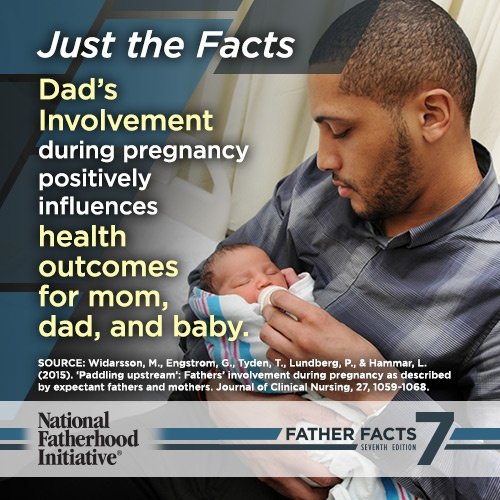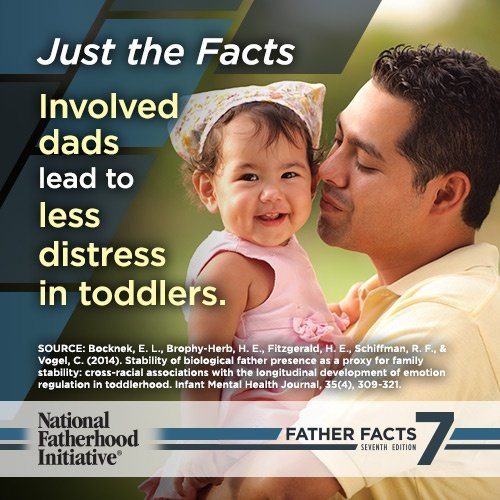Establishing Paternity Benefits Your Child
Why both parents make a difference…
Establishing paternity provides emotional and legal benefits for both children and their parents, including:
Giving children the opportunity to form a relationship with both parents. It’s important for a child to know their mother and father, and they benefit from a relationship with both of them. Once paternity is established, the father is more likely to maintain his relationship with the child. His extended family may also be more likely to participate in his child’s life.
Helping children develop a sense of identity. Children have a need to know both parents and their family history to develop a sense of identity and family belonging. Only if unmarried parents acknowledge paternity will the father’s information appear on the child’s birth certificate. In the absence of a signed paternity form (or a formal paternity proceeding), the father’s section on the birth certificate remains blank.
Providing children with access to both parents’ medical histories. When parents acknowledge paternity, the child will have access to information about medical histories on both sides of their family. This is especially important in situations in which the child inherits a medical problem. Additionally, after a father completes a paternity acknowledgment form, he may be able to add the child to his medical insurance policy.
Ensuring that both parents have custody and visitation rights. If parents are unmarried at the time of their child’s birth, the mother is presumed to have custody. However, by completing the paternity form, the father can ask the court for visitation rights and share in custody arrangements.
Gaining adoption rights. Once a father acknowledges paternity, he gains the right to be notified of any plans to have the child adopted by someone else. This provides an important safeguard for the father, the child, and prospective adoptive parents.
Providing access to financial benefits. Acknowledging paternity potentially allows the child to qualify for important financial benefits from the father. Possibilities include Social Security, life insurance, pensions, veteran’s benefits, and inheritance rights in the event that something happens to the father.
Providing access to child support. By establishing paternity, both parents are motivated to contribute to their child’s financial and emotional security, because both parents are legally and financially responsible for their child. This reduces the likelihood that either parent will have to apply for public, financial, or medical assistance. If the parents choose to separate and paternity has already been established, it will be easier for the custodial parent to obtain child support to aid in providing for the child. The income from child support can help keep a child from living in poverty.
Did you know?
Children of unmarried parents are 4 times more likely to be living in poverty. But when fathers participate in their children’s lives, they can make a big difference. Studies show that children whose fathers play an active role in their lives are:
9 times less likely to drop out of high school
10 times less likely to abuse drugs
32 times less likely to run away
14 times less likely to commit rape
20 times less likely to end up in prison
5 times less likely to commit suicide
These statistics demonstrate the important role that fathers play in their children’s lives. To grow up with a firm foundation for developing healthy lives and relationships, children need the love and support of both parents — regardless of the status of the parents’ relationship
Source: National Fatherhood Initiative









